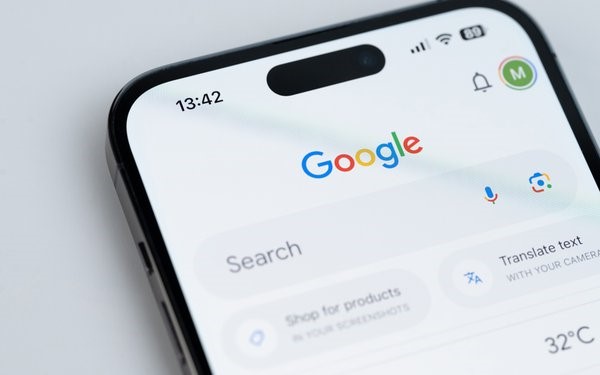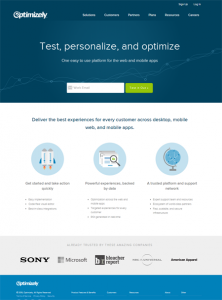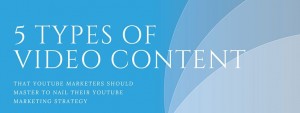How Much Of Google Search Market Share Relies On Default Setting?

People typically use multiple search engines. Yet a survey of 1,000 U.S. users found Google to be the most popular at 94%, followed by Bing at No. 2 with 34% of users and DuckDuckGo at No. 3 with 32%.
Eighty-three percent of participants said Google Search is their primary engine, followed by Bing and DuckDuckGo with 7% share each.
The findings come from a BMO Capital Markets survey fielded in August. Questions in the survey centered on use and preferences.
The survey follows a federal judge’s ruling that Google acted illegally to maintain a monopoly in online search, partly by paying companies such as Apple and Samsung to remain the default search engine.
I always thought it would be easy to switch search engines if at some point Google no longer served as the default on my iPhone. Could I accept the switch to Bing like 33% of participants in this recent survey, rather than take the extra step to navigate to Google?
Most consumers are unlikely to stop using Google as their primary search tool rather than navigate to another, but some said they are open to switching.
Sixty-one percent said they were unlikely to stop using Google as their primary search engine, whereas 39% were likely to stop using Google as their primary search engine.
More than 60% of Google’s traffic comes from the mobile web, according to data from Similarweb, with 60.5% of traffic coming from mobile web versus 39.5% from desktop.
The data also shows 56% of consumers were likely or very likely to use a ChatGPT-type search tool, suggesting that users will at least try OpenAI’s SearchGPT, which the company is testing.
BMO analysts saw frequent use of SearchGPT as a key challenge — considering that only 18% of the ChatGPT users in the U.S., Argentina, Denmark, France, Japan, and U.K. use it weekly, according to the University of Oxford.
“Historically, our view has been that that adoption of new products often occurs if the new products are perceived as roughly 50-100% better in terms of users’ views on utility, features, and functionality,” BMO analysts wrote.
And since we are on the subject of ChatGPT, I couldn’t end this post without adding that Trip Chowdhry, managing director at Global Equities Research in a note called OpenAI the “Netscape of the AI era.”
Chowdhry wrote in a research note that OpenAI may not survive, although it’s a technology innovator. It has “zero” strategy to keep the company going.
Netscape, founded in 1993 by Marc Andreessen and James Clark, was a computer services company that created a suite of software for accessing and sharing information through internet and intranets. It’s best known for its web browser, Navigator, one of the most popular browsers in the 1990s.
Three of the 11 OpenAI co-founders left the company in early August. Greg Brockman, the company’s president and one of its 11 co-founders, revealed that he is taking an extended leave of absence through the end of the year.
John Schulman, another co-founder, left to take an open position at Anthropic, an OpenAI rival, and Peter Deng also departed, according to The Information, which noted the exits appeared to be unrelated.
Only four of the original 11 OpenAI founders remain at the company. Wikipedia states OpenAI was founded in December 2015, by Sam Altman, Elon Musk, Ilya Sutskever, Greg Brockman, Trevor Blackwell, Vicki Cheung, Andrej Karpathy, Durk Kingma, John Schulman, Pamela Vagata, and Wojciech Zaremba.
(5)
Report Post





